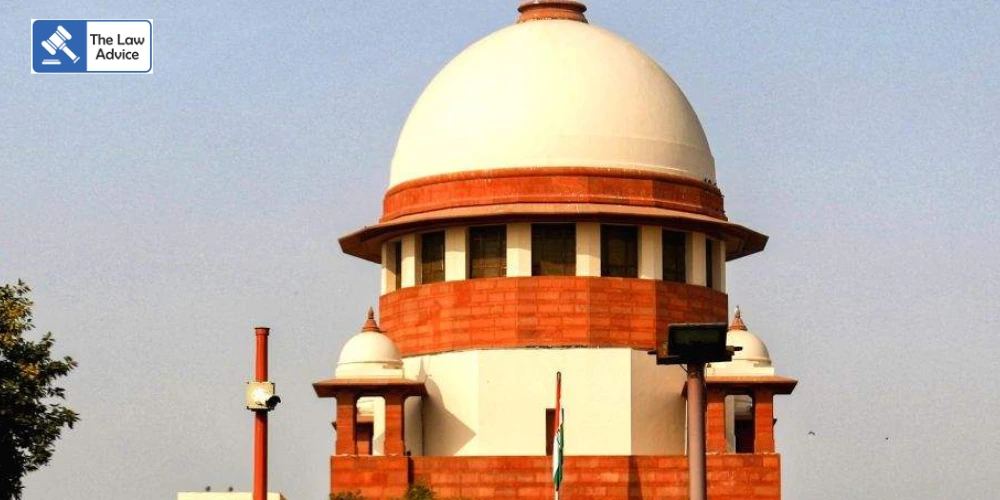
The Supreme Court has clarified that even when a convict is sentenced under provisions such as Section 376DA or Section 376DB IPC—which prescribe mandatory life imprisonment for the remainder of natural life—the right to seek remission remains intact.
A bench of Justice BV Nagarathna and Justice R Mahadevan was hearing a writ petition challenging Section 376DA IPC, which punishes gangrape of a minor below 16 years with life imprisonment till death. Section 376DB prescribes the same punishment for gangrape of a girl below 12 years.
The petitioner remained absent, but Sr Advocate Siddharth Agarwal, appearing for Project 39A, NLU Delhi, argued that the wording “shall” left no room for judicial discretion, forcing Sessions Courts to impose only this extreme sentence. He contended that such a framework ignores mitigating factors, violates sentencing policy, and is arbitrary.
On the other hand, Attorney General R. Venkatramani and ASG Aishwarya Bhati defended the provision, stressing that Parliament deliberately prescribed harsher penalties considering the seriousness of the crime. The Union submitted that the sentencing choice is a matter of legislative policy and cannot be faulted.
The Court, while not striking down the provision, observed that even in such cases, the constitutional and statutory remedies of remission survive. It listed options available to a convict: appeal to High Court/Supreme Court, clemency under Articles 72 and 161, or remission under Section 432 CrPC and related provisions, subject to Section 433A CrPC and the new BNSS (Sections 473, 475).
The bench emphasized:
“The right to seek remission is not only a constitutional right but also a statutory right. Each State has its own remission policy, applicable even in cases of life sentence till natural life under Section 376DA or 376DB IPC.”
However, the Court kept open the larger constitutional question of whether prescribing only one mandatory sentence without alternatives is valid. It declined to rule on this issue in a PIL without case-specific facts, noting that it can be raised in an appropriate matter later.
The upcoming Bharatiya Nyaya Sanhita, 2023 retains these provisions as Section 70(2).
Case Title: Mahendra Vishwanath Kawchale v. Union of India, W.P.(Crl.) No. 314/2022 (PIL)
Website designed, developed and maintained by webexy